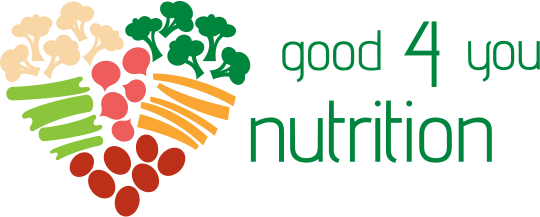Egg Allergies – What you need to know
Posted on April 19th, 2017
Egg allergies/intolerances have always been a common allergy however lately they seem to be getting a bit more publicity. Some children may be allergic when they are younger and grow out of it. Adults may notice that they have sensitivities to eggs, however their symptoms may be mild and with limiting their consumption they may not see it as an importance to refrain from eating eggs. Ideally if you suffer from an allergic reaction or allergy to eggs it is best to avoid them completely even if you are only sensitive to the white or the yolk as it is hard to completely separate the two.
What is an egg allergy and how to you get one?
The body becomes sensitive to eggs when you do not have the enzyme to breakdown and digest the protein found in an egg. Egg white and egg yolk have different proteins but it’s common to be sensitive to both. Sometimes sensitivities can occur after an infection, disease or injury and sometimes this can result in an intolerance to eggs and lactose. There is a difference between an egg allergy and an egg intolerance so it is important to find out just how sensitive you are to eggs. Those who are intolerant can often get away with a small amount of egg before they start noticing symptoms as opposed to those that suffer from an allergy.
Signs and Symptoms
Signs and symptoms associated with egg allergies and intolerances are generally gastrointestinal in nature and can include:
- Excessive gas
- Bloating
- Stomach pain/cramping
- Nausea/vomiting
- Diarrhoea
If you experience any of the following signs and symptoms please seek medical attention:
- Difficulty breathing
- Hives
- Headaches/migraines
- Joint pain
- Irritability and nervousness
- Skin issues
- Sinus congestion
Testing for Egg Intolerances and Allergies
Food allergy/intolerance testing is often the easiest way to test for egg sensitives. The food allergy/intolerance testing that I do looks at 96 different foods and this test is completed by gathering blood samples from a few finger pricks. The test is then sent away to a laboratory for results and a comprehensive report will be sent back.
More information check out https://www.good4younutrition.com.au/services/food-allergy-tests/
Egg Quality, Vaccination and Other Eggs
People may develop sensitivities to eggs that are low quality farmed eggs due to what the hens are eating and their living and laying conditions. It is important to consider where you buy your eggs and if possible purchase from local suppliers where you know the hens are well fed and have freedom to roam. Farmed eggs often mean that hens don’t see outside, they are fed GMO corn and other processed foods and that they may be genetically altered in some way, it’s hard to know for sure.
Those with egg allergies also need to be wary of vaccinations as some vaccinations contain egg protein. Often the amount of egg protein in the vaccination is enough to cause a reaction, therefore it is important to discuss with your doctor before have any vaccination.
Duck and turkey eggs make also cause reactions to those with egg allergies and should be avoided as they can be cross-reactive.
Egg Substitutes
- Chia Egg – 1 tbsp chai seeds and 2 tbsp water = 1 egg
- Flax Egg – 1 tbsp flaxseed and 3 tbsp water = 1 egg
- Banana – ½ to 1 banana = 1 egg
- Apple Sauce – Approximately ¼ of apple puree = 1 egg
- Silken Tofu – ¼ cup of pureed tofu = 1 egg
- Vinegar and baking soda – 1 tsp baking soda and 1 tbsp of vinegar (white or apple cider) = 1 egg. Best used in muffins and cakes
If you require more assistance with egg allergies/intolerances please contact me 🙂
